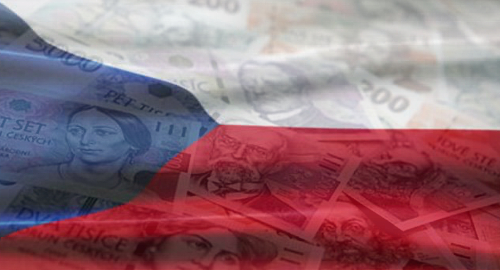 The Czech Republic’s regulated gambling market eked out a modest revenue gain last year despite online gambling revenue rising by more than one-half.
The Czech Republic’s regulated gambling market eked out a modest revenue gain last year despite online gambling revenue rising by more than one-half.
Last week, the Czech Ministry of Finance released its official stats for its homegrown gambling market’s 2017 performance. Total revenue came to CZK39.8b (US$1.77b), up only 1.1% from 2016’s result, despite gambling spending rising 14.1% to CZK224b last year.
The modest gains belied a surge in online gambling, which shot up 56% year-on-year to CZK8.3b ($370m), representing slightly more than one-fifth of the overall market. Online fixed-odds sports betting enjoyed healthy growth, rising nearly CZK1b to just under CZK6.2b in 2017.
Revenue from online casino, which domestic operators weren’t allowed to offer until the country revised its Gambling Act in 2016, totaled just over CZK2b, while live casino added another CZK120m.
Online lotteries, which also weren’t permissible until last year, contributed CZK276m, while land-based lotteries reported a nearly CZK500m decline to CZK6.1b.
The Czech Republic imposed a new gambling regulatory structure on January 1, 2017 that resulted in most internationally licensed online operators exiting the market rather than pay the stiff new taxes (23% sports betting, up to 35% for slots, on top of a 19% corporate tax) and deal with fresh restrictions on online bonus offers. A few brave international operators began trickling back as 2017 drew to a close.
The Czech government’s share of all this gambling bounty totaled CZK12.2b, a new record, driven in part by the tax hikes and license fees for the new online operations. Last month, Finance Minister Alena Schiller forecast that the state’s 2018 gambling take would likely fall to around CZK10b, a level at which it’s expected to stabilize over the next few years.
Schiller also claimed that the government’s efforts to purge the market of unauthorized online operators had resulted in a 90% plunge in the number of internationally licensed sites serving Czech punters. The government had also closed around 200 illegal land-based gaming venues, seizing around 1,500 electronic gambling devices in the process.
